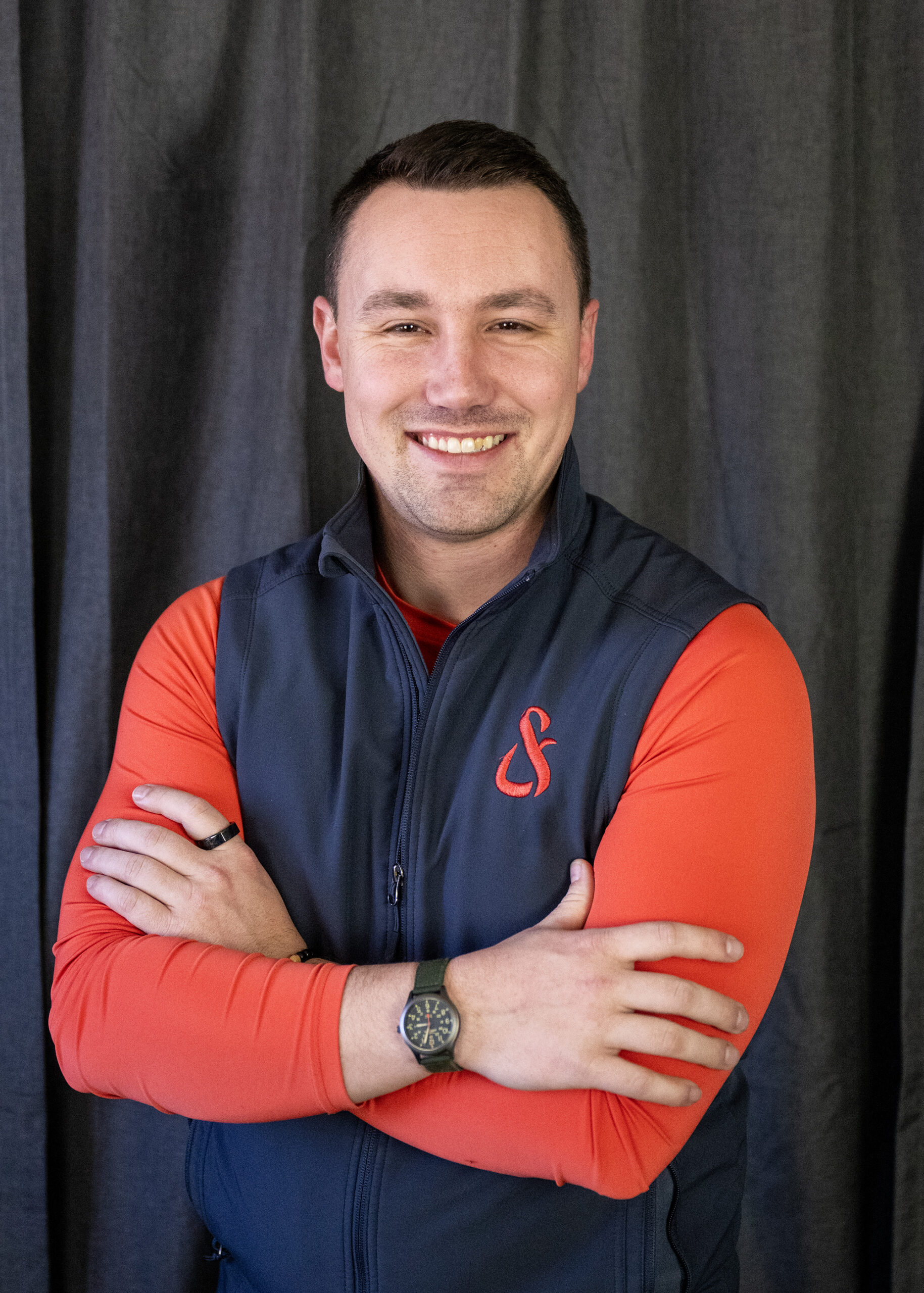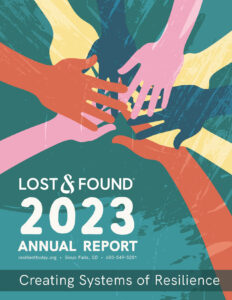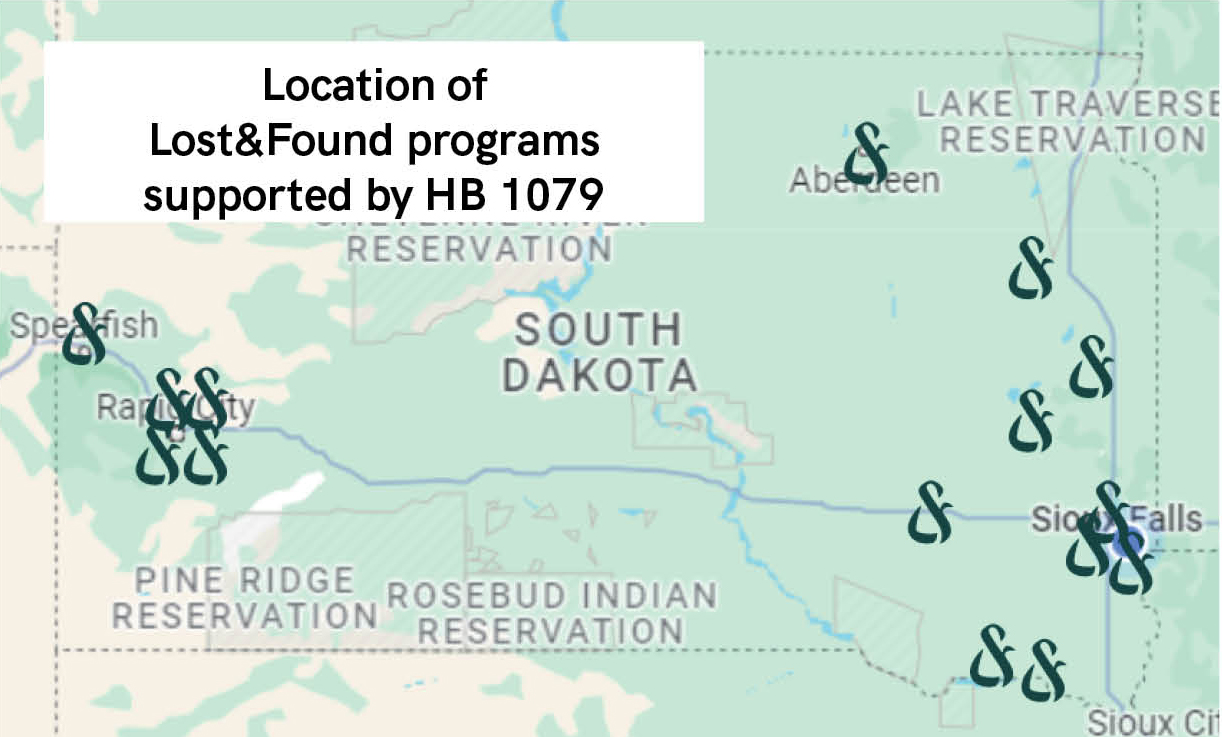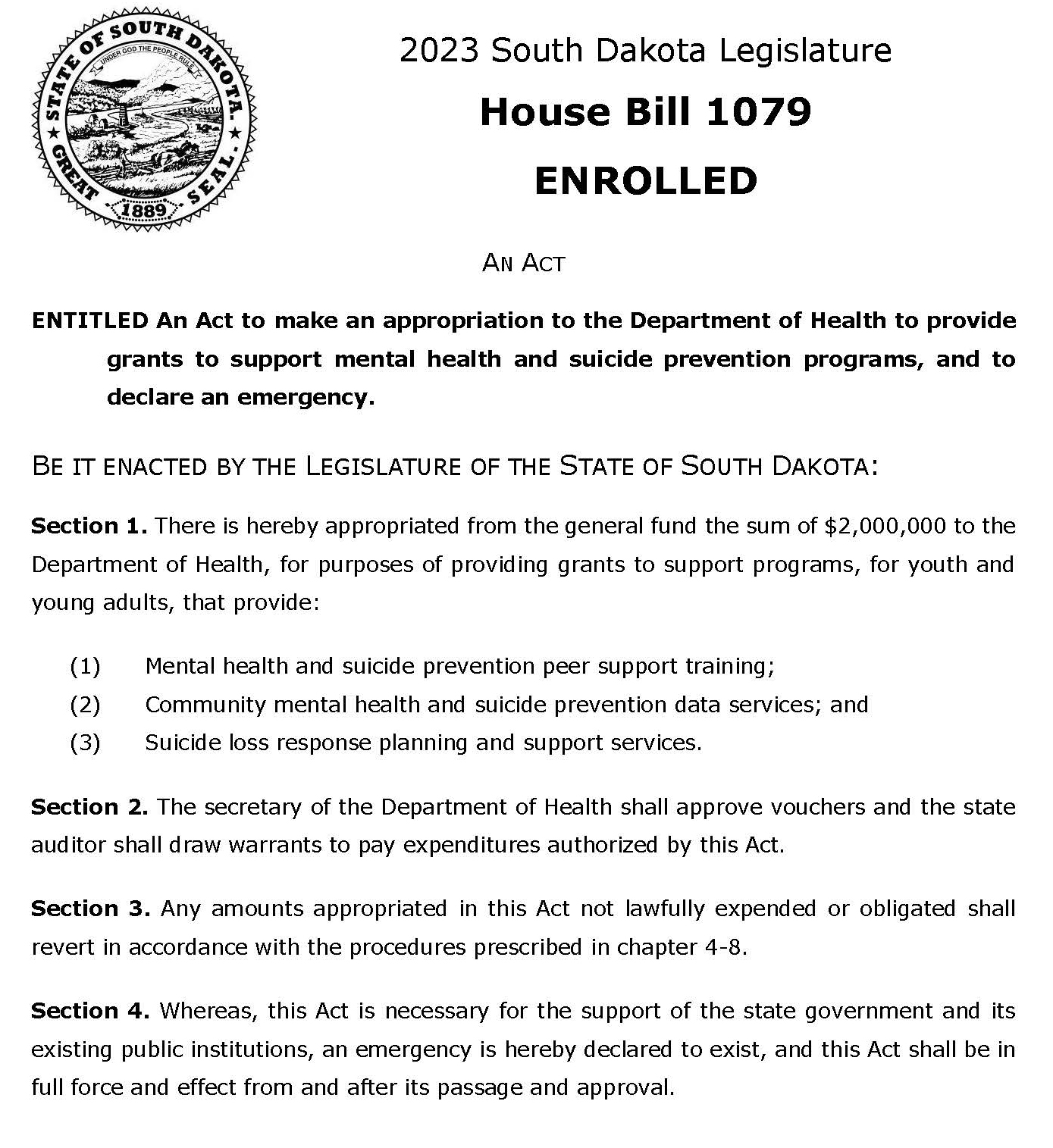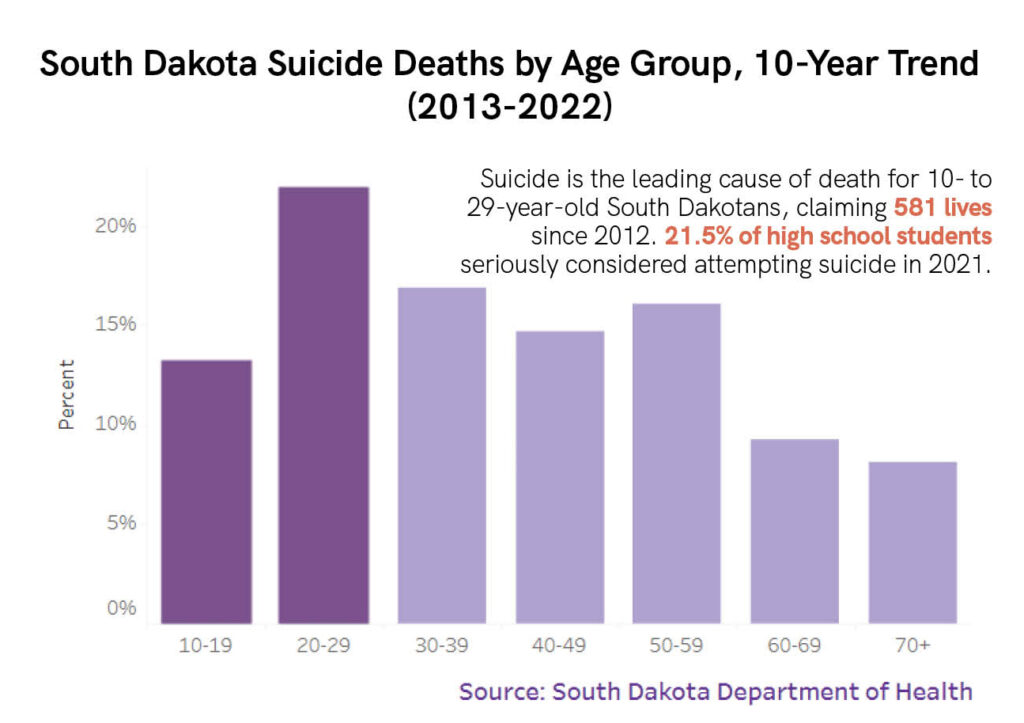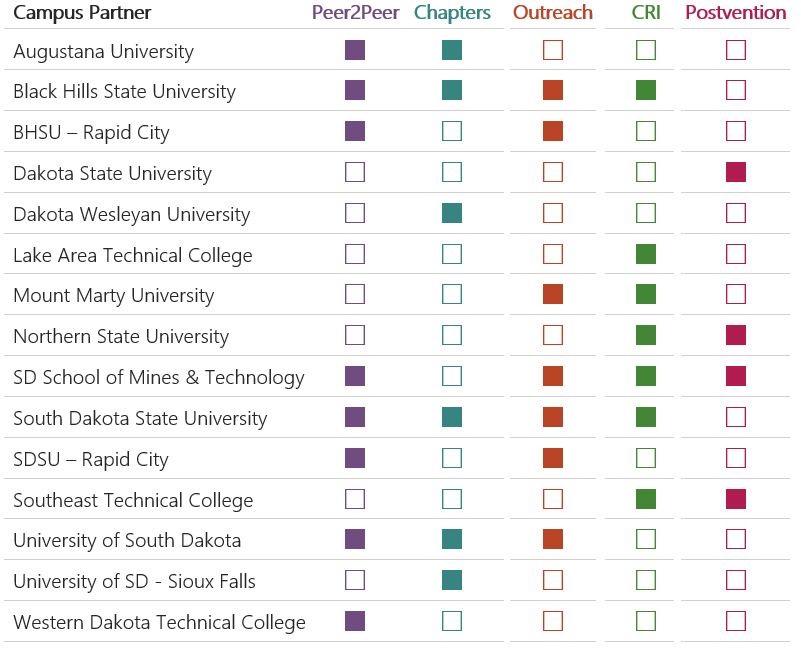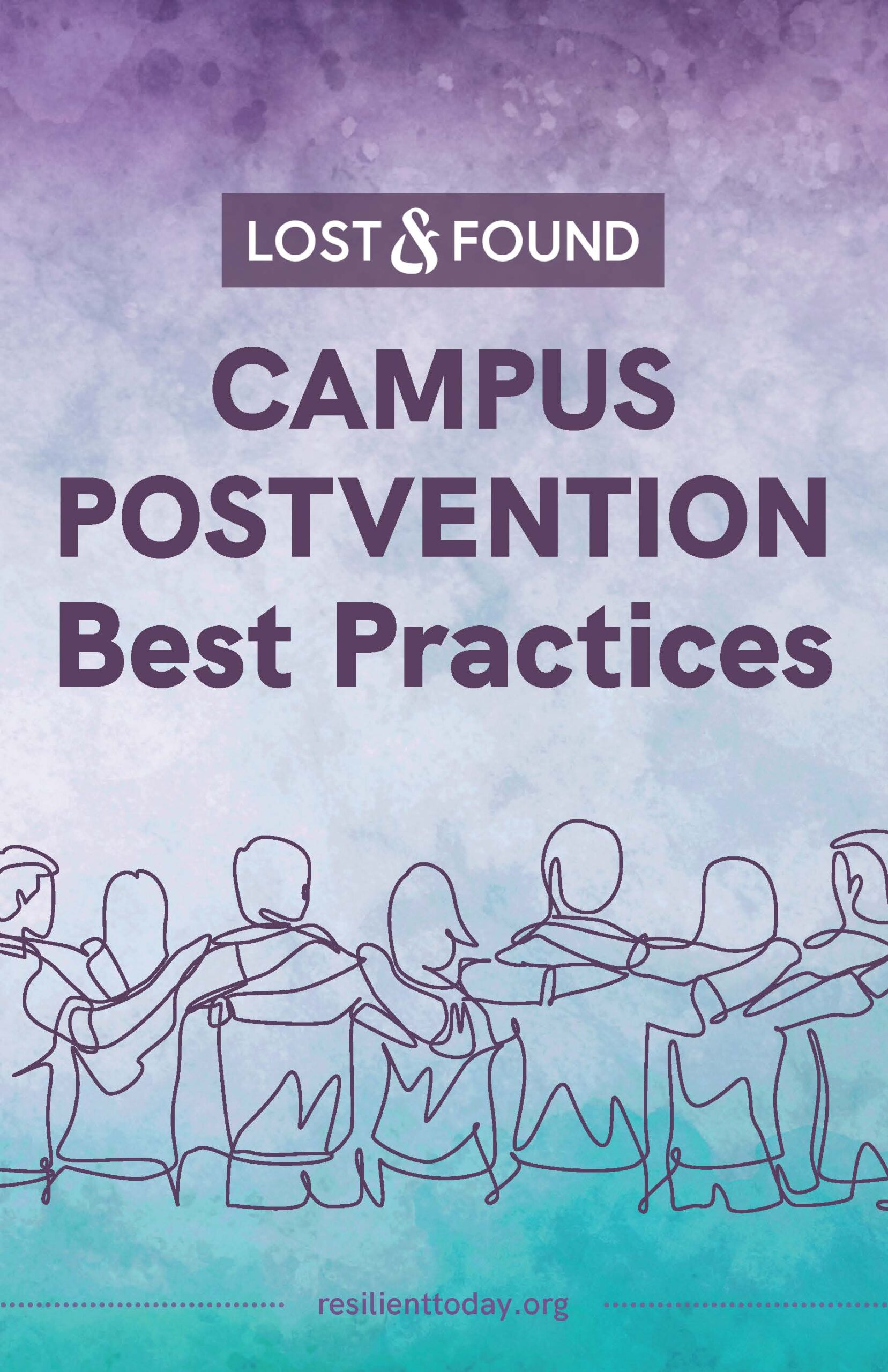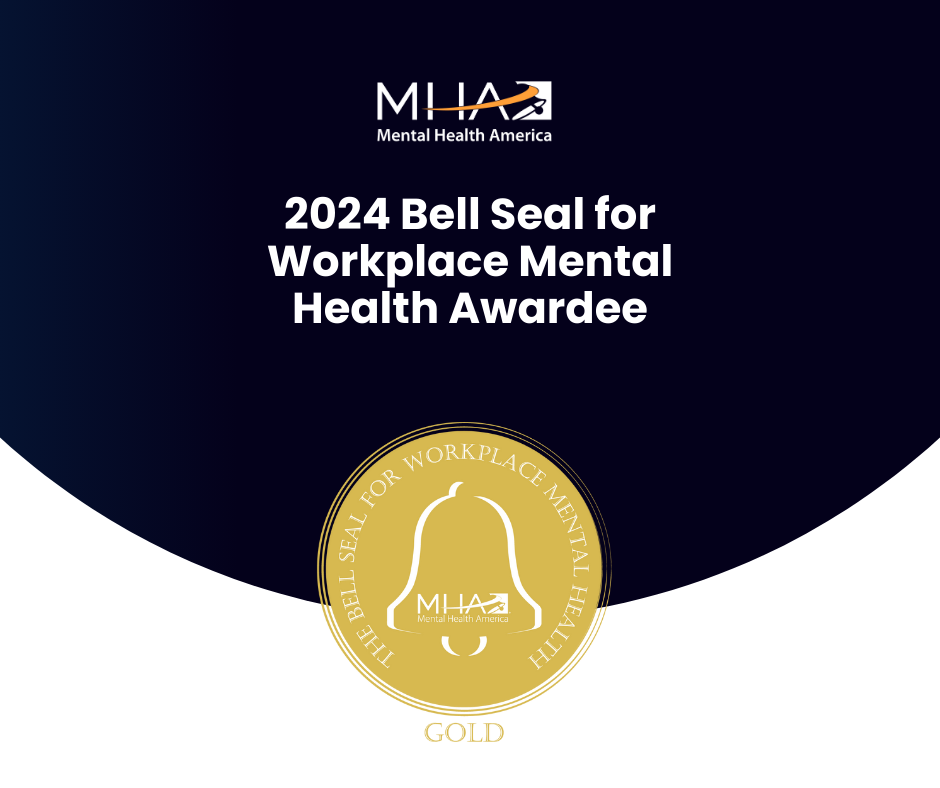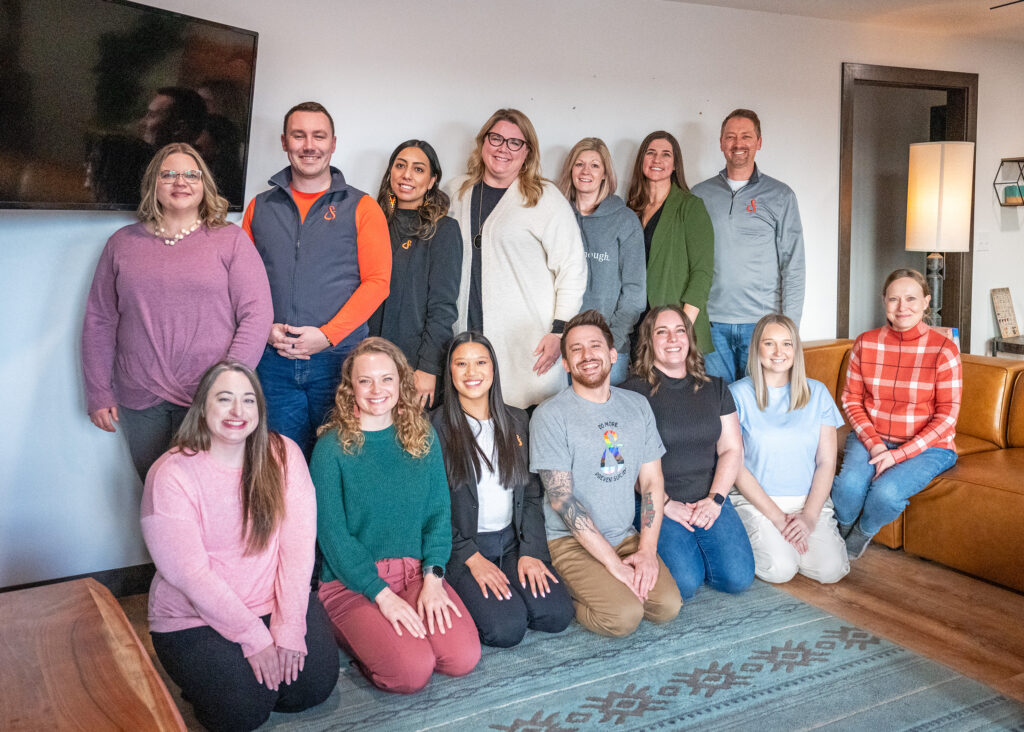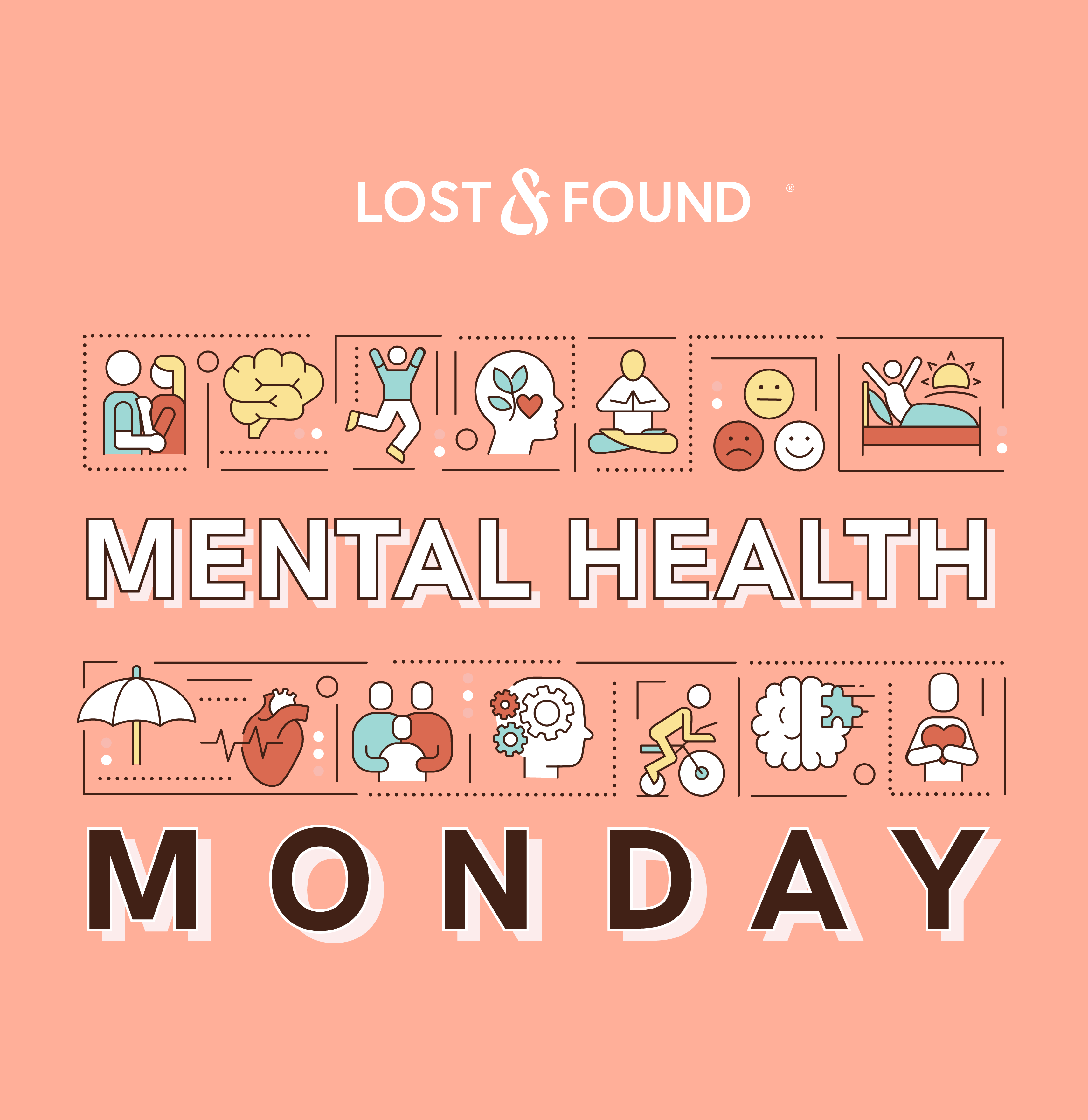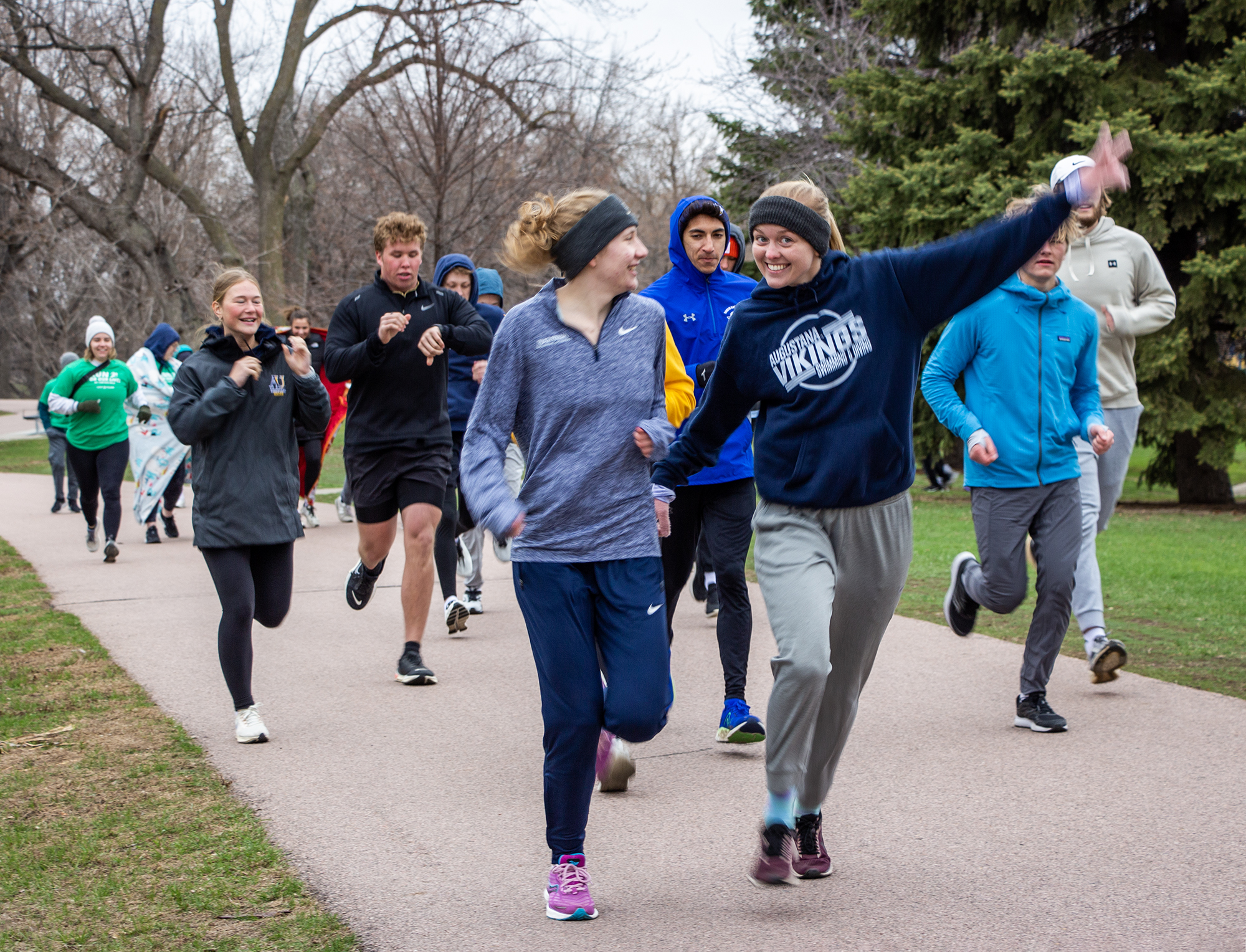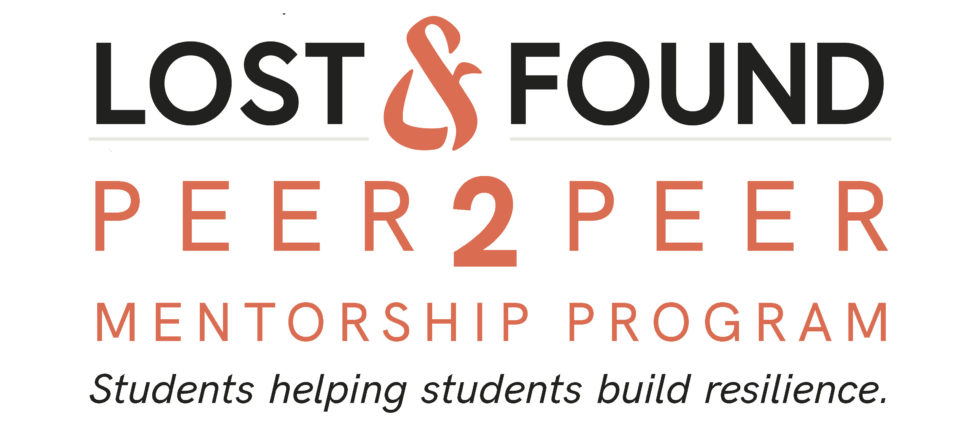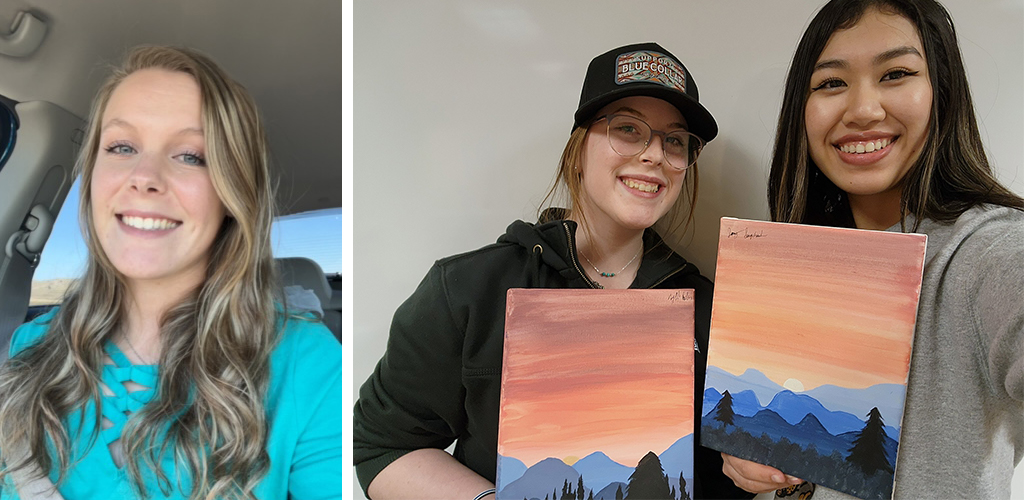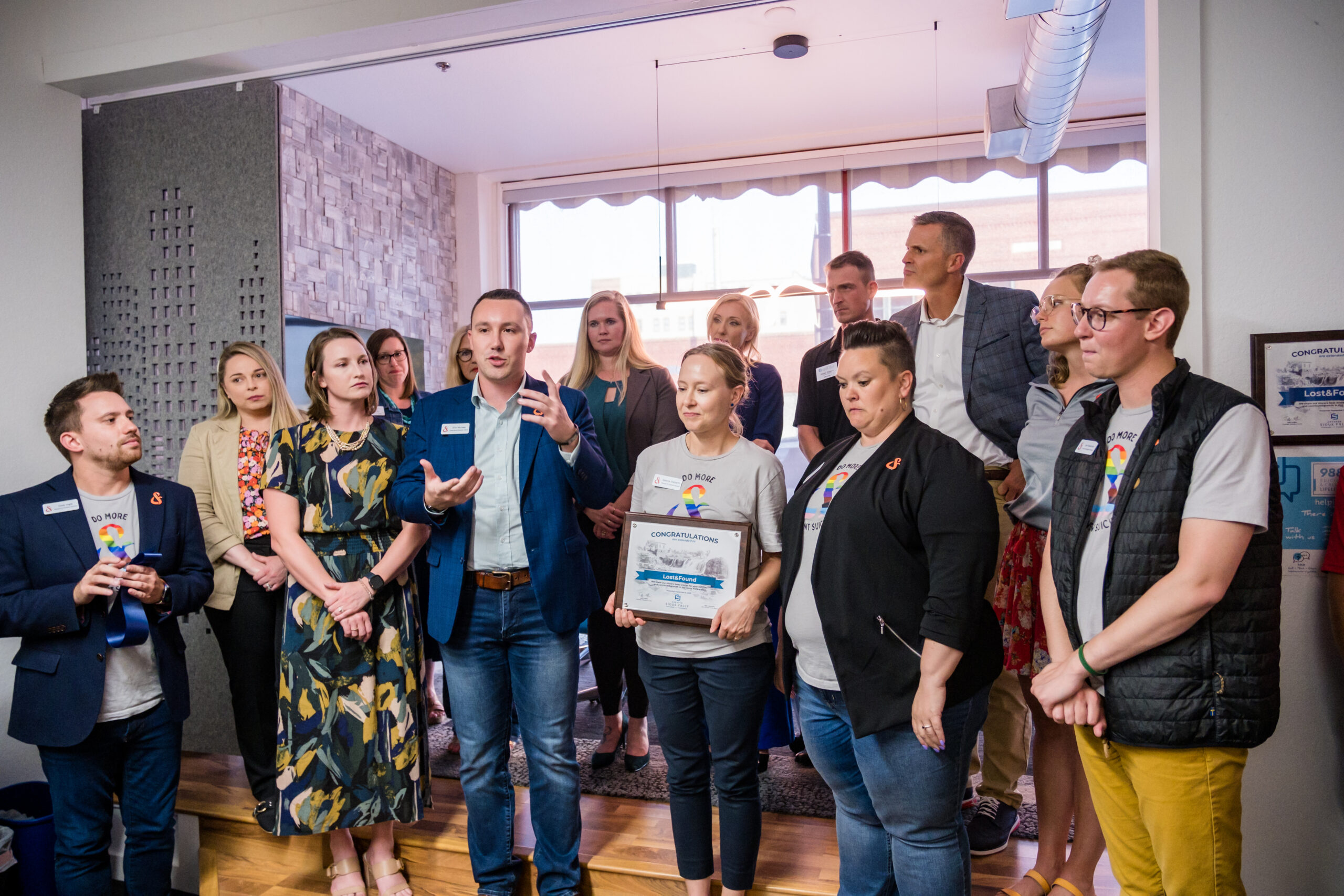
Lost&Found is undergoing a change in leadership.
Erik Muckey, who has served as CEO/Executive Director since 2018, announced on May 15 that he is transitioning from that position to the role of part-time advisor to pursue other professional and personal opportunities. The change will take effect on October 1.
Muckey sees this as a time of strength and stability for the organization. Experienced managers are at the helm of their various departments, and in February, the board approved a five-year strategic plan that is now driving the work of the organization. After the end of pandemic-related funding prompted a recalibration in 2023, Lost&Found is now receiving funding from a diverse mix of sources. While nonprofit work always requires some hustle to continue to fund its mission, Lost&Found has put the pieces in place to maintain organizational and financial stability for some time to come.
“The main reason I’m comfortable transitioning from my role is the deep belief I have in our talented and committed staff who deliver peer support, high-quality research and evaluation, prevention training, and loss survivor services every day,” Muckey said. “The team at Lost&Found can and will address the roots of youth suicide in our region in ways no other organization can. I’m looking forward to seeing how this team meets the challenge, continues to innovate, and fundamentally changes lives.”
Muckey has been involved with Lost&Found for the organization’s entire existence. He was one of the five 18-year-olds who founded the organization in 2010. He served as the founding president of the University of South Dakota Lost&Found Chapter in 2011, became vice president of the board in 2012, and served as the board chair from 2012 to October 2018, when he assumed the role of CEO/Executive Director.
“Seeing this organization grow from the ideas and dreams of five 18-year-old South Dakotans to one of the most effective, impactful suicide prevention nonprofits in the country has been nothing short of incredible,” Muckey said. “To know we have touched more than 5.1 million lives across the country, serve over 40 communities annually in South Dakota and Minnesota, and are only just beginning to reach our full potential is the greatest success story I could share.”
Lost&Found Board President Brad Hearst says Muckey will leave a mighty legacy at Lost&Found.
“A great CEO is not just a leader,” Hearst said. “They are a catalyst for transformation and growth. They bring vision, strategy, and a relentless drive to achieve excellence. Their value lies not only in their ability to make tough decisions and drive results, but also in their capacity to inspire and empower those around them. A truly exceptional CEO leaves an indelible mark on an organization, shaping its culture, fostering innovation, and creating a legacy that extends far beyond their tenure. Their impact is measured not only in financial success, but in the lives they touch and the lasting positive change they bring. The value of a CEO is immeasurable, and Erik has been all that and more for Lost&Found.”
Lost&Found’s board has appointed a committee of qualified volunteers to find a new CEO. A job description has been posted on the organization’s website. The committee has set a goal of having a recommendation to the board for a new CEO by July 1. The new CEO would join Muckey on staff for a 45- to 60-day transition period.
“Succession is not just about finding a new leader,” Hearst said. “It’s about embracing the opportunity to shape the future and inspire others to do the same. Erik’s transition brings with it a sense of excitement, as it opens the door to new possibilities and the chance to lead the search for a worthy successor. It is a time to reflect on past achievements, but also to look forward with anticipation, knowing that the next chapter holds the potential for even greater success. Erik leaves tremendously large shoes to fill, but myself, the Board of Directors, and staff are truly embracing that journey.”
Muckey’s role as advisor will include supporting the new CEO and staff with the key initiatives that are underway, such as the Workplace Resilience Index, the Together We Do More! fundraising campaign, and the regional expansion of services.
Beyond this advisory role, Muckey will support Lost&Found and other organizations across the region through his firm, PASQ, which provides strategy advising services to nonprofits, local governments, economic development organizations, and key stakeholders supporting rural communities. Muckey is also currently a candidate for the South Dakota House of Representatives in District 15 and will appear on the ballot in the general election in November.
Muckey emphasizes that his departure will have no effect on the mission, vision, or values of the organization.
“I’ve seen and learned how much this mission means to me but also how much this mission is greater than me,” Muckey said. “It may seem challenging to see the tangible nature of Lost&Found’s work—especially when our work is keeping people well—but when you know how much suicide has impacted the people and communities we serve, every effort to prevent suicide and give someone hope is worth the effort.
“It has been the honor of my life to lead Lost&Found. Suicide remains the leading cause of death for South Dakotans under the age of 29, and Lost&Found’s mission will remain top of mind for me and every person in our organization. Please support our team in its efforts to ‘do more’ to prevent suicide and care for those who have lost loved ones to suicide. We need you today, and every day, until suicide is no longer impacting our world.”
About Lost&Found
Lost&Found facilitates comprehensive, data-driven, resilience-focused, public mental health strategies for suicide prevention and postvention, serving young adults ages 10-34. Lost&Found is the leading youth and young adult suicide prevention and postvention policy, research, peer support, and education organization in South Dakota and the surrounding region. Serving more than 40 communities in South Dakota, Minnesota, and the tribal nations within these states’ borders, Lost&Found’s focus on resilience, community-led prevention, and evidence-based practice make it a highly trusted and effective partner in the fight against youth and young adult suicide.
Lost&Found does work in four program areas:
- Student Programs: Delivering resilience programs for schools & college campuses, and training student advocates to lead and support the mental health of their peers.
- Evaluation & Research Services: Applying public health expertise to assess and score campus or organization resource capacity across people, policies, & programs and provide outsourced evaluation services.
- Education & Advocacy: Addressing community and organization mental health needs through community coalition and policy efforts, targeted public mental health content, and partnership development.
- Postvention Policy & Support: Providing direct support to survivors of suicide loss as well as consultation and support services to college campuses, workplaces, and other community partners to prepare for and respond to suicide loss across the Midwest.
